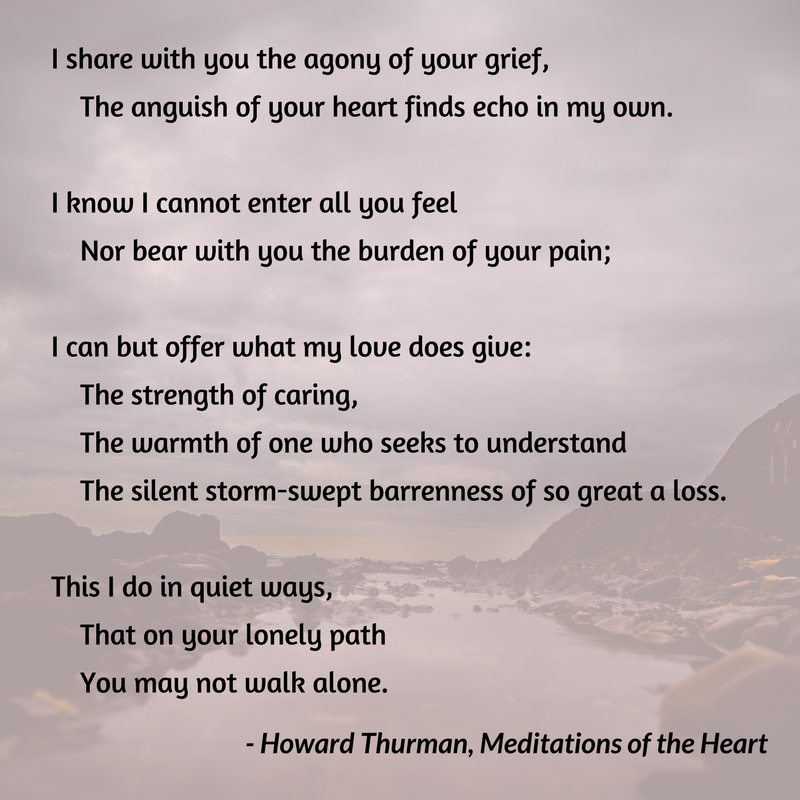In the wake of the recent tragedy in Las Vegas, Nevada, the Pat Walker Health Center and Counseling and Psychological Services (CAPS) recognize this could be a very difficult time for students, faculty and staff from the Las Vegas area, or anyone who has friends or family in that area.
The staff of CAPS empathizes with the U of A students, faculty and staff who may be experiencing a wide range of emotions — fear, anger, confusion, sadness and hopelessness — and offer the center's support to those who have been impacted directly and indirectly.
If you might benefit from further support in this moment, or know someone who would, the staff urge you to reach out to CAPS for support.
CAPS is available 24 hours a day, seven days a week to help anyone struggling to cope with the aftermath of this horrific event. CAPS can be reached at 479-575-5276, and is located on the second floor of the Pat Walker Health Center — 525 N. Garland Ave.
We also encourage you to extend support to others. During times of national tragedies, it is important to stay connected and do what we can to take care of and support each other.
Ways to cope with the aftermath of a shooting:
- Talk about it. Receiving support and care can be comforting and reassuring. It often helps to speak with others who have shared your experience so you do not feel so alone.
- Strive for balance. When a tragedy occurs, it's easy to become overwhelmed and have a negative or pessimistic outlook. Balance that viewpoint by reminding yourself of people and events that are meaningful and comforting, even encouraging.
- Turn it off and take a break. You may want to keep informed, but try to limit the amount of news you take in whether it's from the internet, television, newspapers or magazines. Try to do something that will lift your spirits.
- Honor your feelings. Remember it is common to have a range of emotions after a traumatic incident. You may experience intense stress similar to the effects of a physical injury. For example, you may feel exhausted, have difficulty sleeping, or feel angry and irritable.
- Take care of yourself. Engage in healthy behaviors to enhance your ability to cope with excessive stress. Eat well-balanced meals, get plenty of rest and build physical activity into your day. Avoid alcohol and drugs because they can suppress your feelings rather than help you to manage and lessen your distress.
- Help others or do something productive. Locate resources in your community on ways that you can help people who have been affected by this incident, or have other needs. Helping someone else often has the benefit of making you feel better, too.
For additional resources, see the American Psychological Association website.
Contacts
Zac Brown, assistant director of communications
Pat Walker Health Center
479-575-4649,
